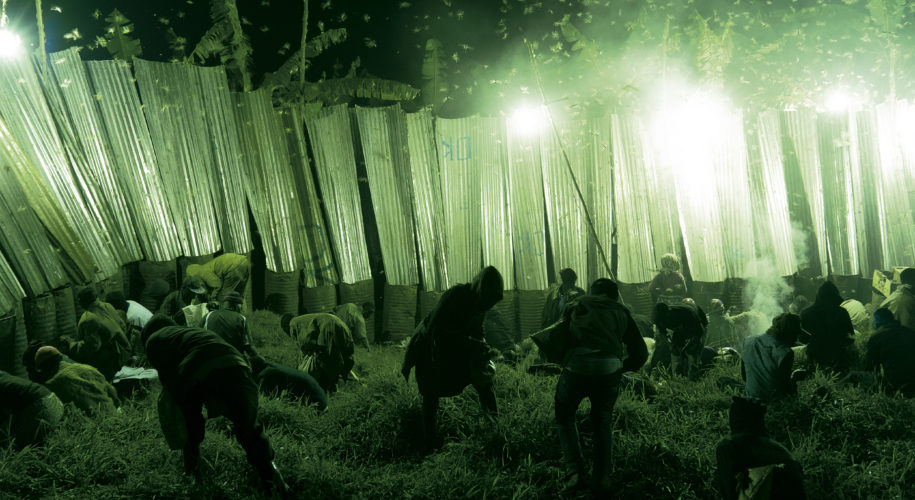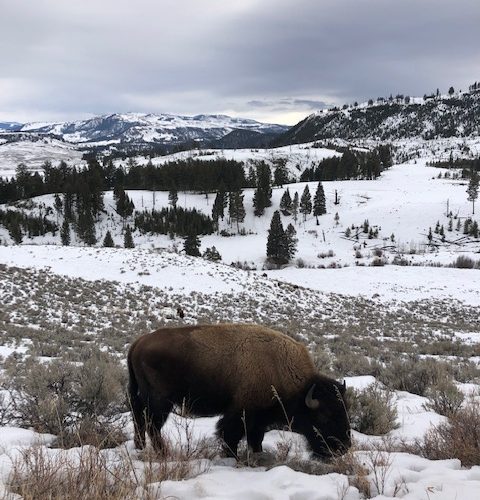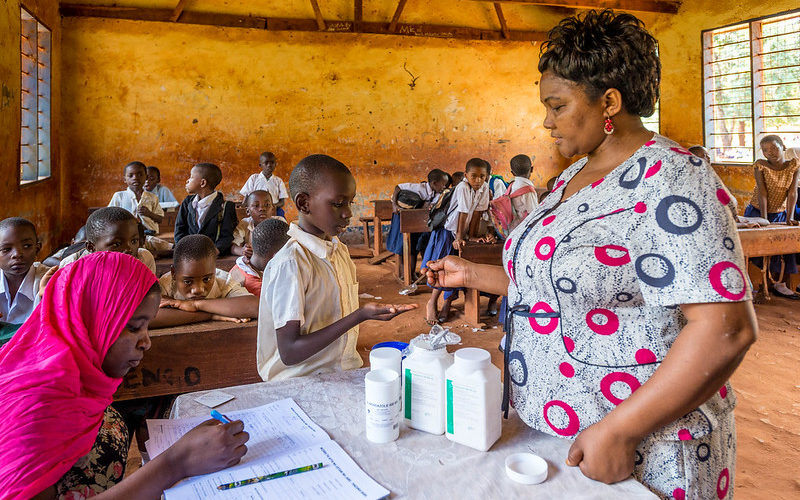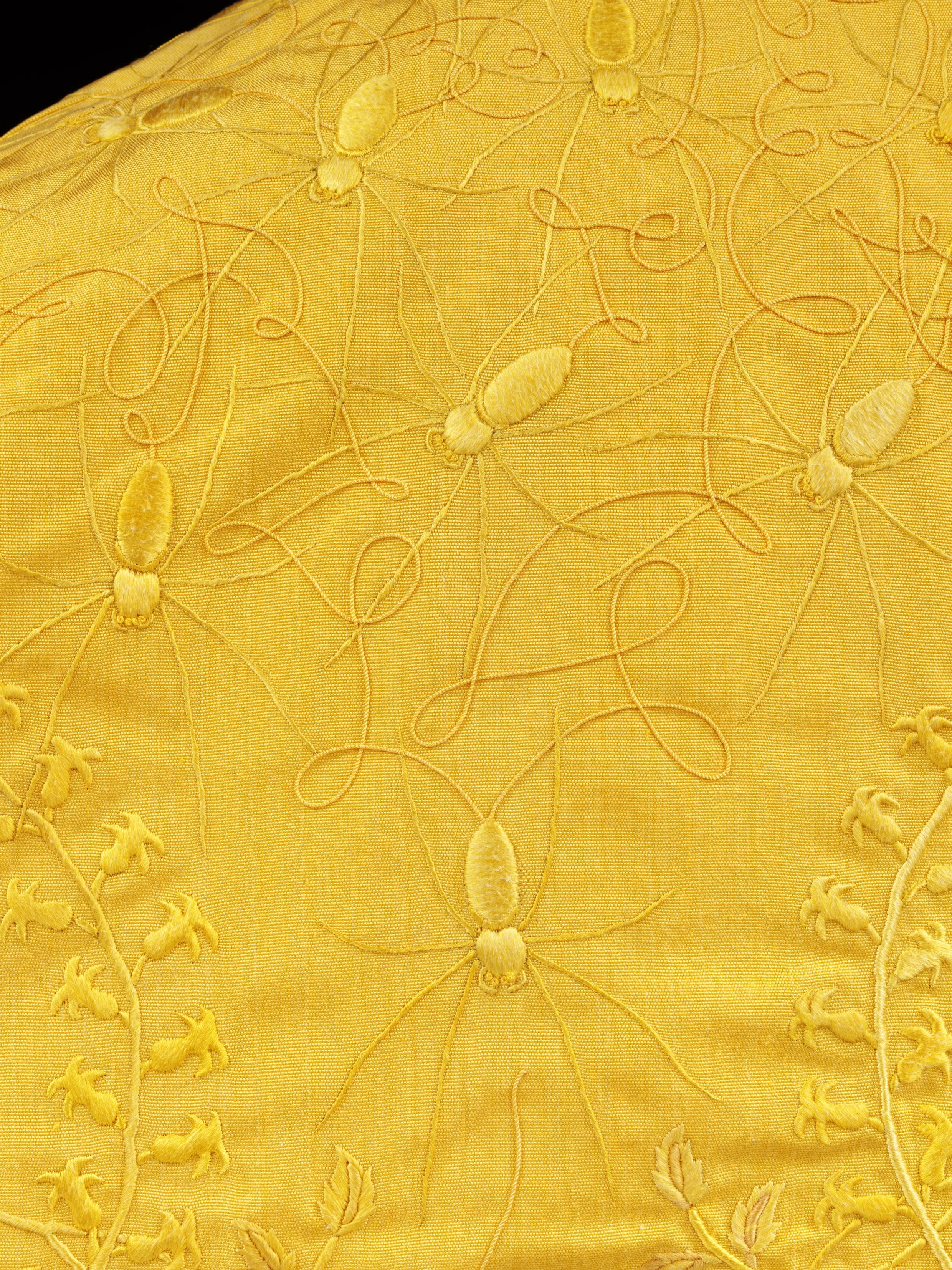
World Malaria Day: Time to stay focused
The global health community should not take its eyes off the target to eliminate the disease that still kills 600,000 people every year. Read the full story here. Published in The Guardian’s Development Professionals Network, 25 April 2013. Continue reading World Malaria Day: Time to stay focused
Madagascar joins the oil producers’ club
Though Malagasies are likely to remember 2013 as the year of the long-awaited presidential elections, it will also stay in the annales as the year when the country started producing oil. Read the full story here. Published in The Africa Report, 16 April 2013. Continue reading Madagascar joins the oil producers’ club
Lalao Ravalomanana: undaunted presidential candidate
The wife of former president Marc Ravalomanana is one of the frontrunners in the 23rd August elections but her husband’s role in the campaign remains ambiguous. Read the full story here. Article published in The Africa Report, April 2013. Photo ©Official Robinson 2013 Page on Flickr. Continue reading Lalao Ravalomanana: undaunted presidential candidate
Malaria and the diaspora
The African diaspora in the UK could play a key role in malaria prevention awareness in countries where the disease is endemic. Read the full story here. Published in the Guardian’s Development Professionals’ Network, 4 February 2013. Photo courtesy of Morguefile.com Continue reading Malaria and the diaspora
Madagascar: who will be president?
On 15 January, Madagascar’s transitional leader, Andry Rajoelina, announced that he wouldn’t be standing in the 8 May presidential elections. His decision follows that of his arch rival, Marc Ravalomana, who took himself out of the running in December. But if neither ‘Raj’ nor ‘Rav’, who will be president? Read the full story here. Published on Economist.com, 30 January 2013. Continue reading Madagascar: who will be president?
Madagascar’s political stalemate
Since Madagascar’s leader, Andry Rajoelina, ousted President Marc Ravalomanana in a military coup in March 2009, he has promised—and postponed—elections every year. So when he announced in August 2012 that presidential elections would take place on May 8th 2013, the reaction was one of rather cautious enthusiasm, or even scepticism. Yet Madagascar desperately needs these elections – read the full story here. Published in The … Continue reading Madagascar’s political stalemate
Staying Away: How Mali’s crisis killed tourism in Burkina Faso
Tour operators used to sell Burkina Faso as a joint trip to Mali. With Mali now off-limits following the north’s takeover by Islamist militants, the bottom has fallen out of regional tourism. Read the full story here. Published on Baobab, The Economist, 19 December 2012. Continue reading Staying Away: How Mali’s crisis killed tourism in Burkina Faso
River blindness: from disease control to elimination
In 2009, a minor revolution took place at the African Programme for Onchocerciasis Control (APOC): with new evidence emerging about the feasibility of eliminating onchocerciasis (better known as river blindness), the organisation decided to change its focus from control to elimination of the disease by 2025, with major implications for all stakeholders. Read the full story here. Published in The Guardian’s Global Development Professionals’ Network, … Continue reading River blindness: from disease control to elimination
Of crocodiles and slave forts: domestic tourism in Ghana
Domestic visitors used to make up 40% of visitors at Cape Coast Castle, Ghana’s famous slave fort. Now it’s 70%. Domestic tourism, like everything else in Ghana, is booming. Hitting the road is now the thing to do amongst young Ghanaians: find out more about those I recently met during a trip in Ghana in this piece for the BBC’s From Our Own Correspondent. You … Continue reading Of crocodiles and slave forts: domestic tourism in Ghana
Putting Neglected Tropical Diseases in the Spotlight
The development community is finally talking about how best to fight NTDs but more consensus and practical action is needed. Read the full story here. Published in The Guardian, 27 November 2012. Continue reading Putting Neglected Tropical Diseases in the Spotlight



